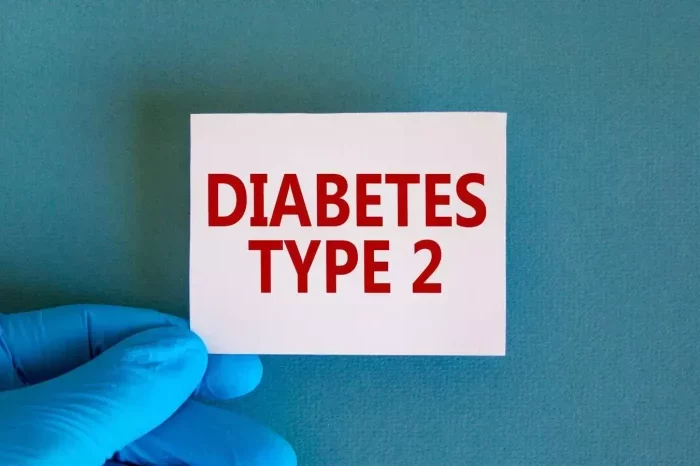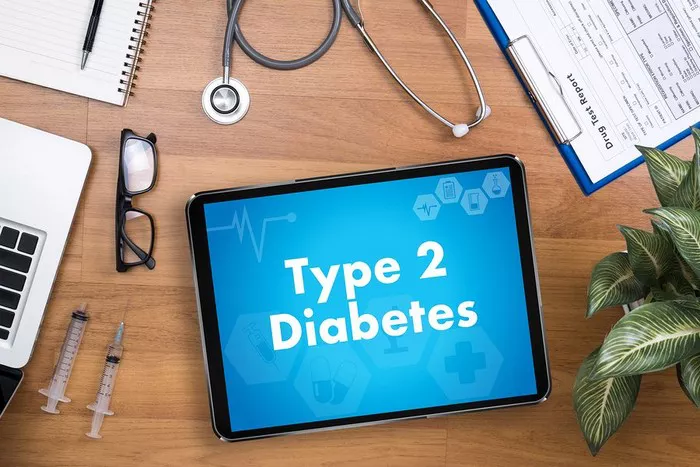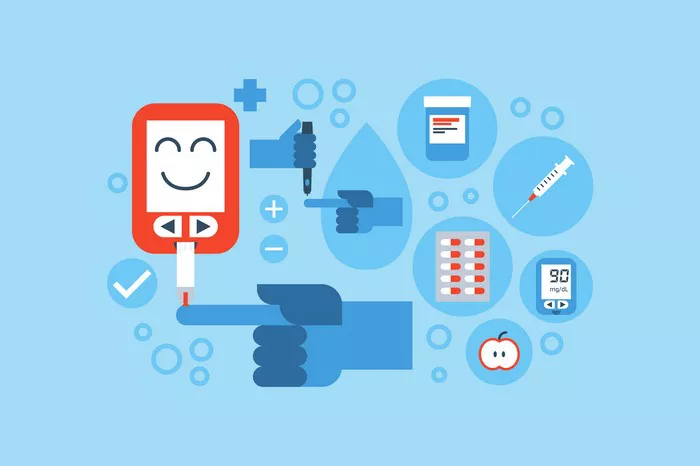Type 2 diabetes is a chronic condition that affects the way the body metabolizes sugar (glucose). Managing diabetes involves maintaining balanced blood sugar levels, making healthy dietary choices, and incorporating regular physical activity. While there is no specific vitamin that can cure diabetes, certain vitamins and nutrients can play a crucial role in supporting overall health and well-being for individuals with diabetes. This article explores the vitamins beneficial for diabetics, their roles in managing diabetes, food sources, and considerations for supplementation.
Understanding Diabetes and Nutritional Needs
The Importance of Nutrition in Diabetes Management
Nutrition plays a pivotal role in managing type 2 diabetes. A balanced diet helps regulate blood sugar levels, maintains a healthy weight, and reduces the risk of diabetes-related complications. Diabetics often need to monitor their carbohydrate intake, focus on whole foods, and pay attention to the nutritional content of their meals.
The Role of Vitamins in Diabetes
Vitamins are organic compounds that are essential for various bodily functions. They help convert food into energy, support immune function, and promote overall health. For individuals with diabetes, certain vitamins may help manage blood sugar levels, support heart health, and improve overall well-being.
Essential Vitamins for Diabetics
1. Vitamin D
Role in Diabetes Management: Vitamin D is essential for calcium absorption, bone health, and immune function. Emerging research suggests that vitamin D may also play a role in insulin sensitivity and glucose metabolism. Low levels of vitamin D have been linked to an increased risk of developing type 2 diabetes.
Sources: Vitamin D can be obtained from sunlight exposure, fatty fish (such as salmon and mackerel), fortified dairy products, egg yolks, and supplements.
Recommendation: It is advisable for individuals with diabetes to have their vitamin D levels checked, especially if they have limited sun exposure. Supplementation may be necessary to reach optimal levels.
2. Vitamin B12
Role in Diabetes Management: Vitamin B12 is crucial for nerve function, red blood cell formation, and DNA synthesis. People with diabetes, especially those taking metformin, may have an increased risk of vitamin B12 deficiency, which can lead to neuropathy and other complications.
Sources: Vitamin B12 is found in animal products such as meat, fish, poultry, eggs, and dairy. Fortified cereals and nutritional yeast are good sources for vegetarians and vegans.
Recommendation: Regular monitoring of vitamin B12 levels is essential for diabetics, particularly those on long-term metformin therapy. Supplementation may be necessary if deficiency is detected.
3. Vitamin C
Role in Diabetes Management: Vitamin C is a powerful antioxidant that helps protect cells from damage caused by free radicals. It is essential for collagen synthesis, immune function, and wound healing. Research indicates that vitamin C may help improve blood sugar control and reduce complications related to diabetes.
Sources: Vitamin C is abundant in fruits and vegetables, particularly citrus fruits (oranges, lemons), strawberries, kiwi, bell peppers, broccoli, and spinach.
Recommendation: A diet rich in fruits and vegetables can help ensure adequate vitamin C intake, which may support overall health in diabetics.
4. Vitamin E
Role in Diabetes Management: Vitamin E is another antioxidant that helps protect cells from oxidative stress. It plays a role in immune function and skin health. Some studies suggest that vitamin E may help improve insulin sensitivity and reduce the risk of cardiovascular disease in diabetics.
Sources: Vitamin E can be found in nuts, seeds, vegetable oils, spinach, and avocados.
Recommendation: While vitamin E can be obtained through diet, supplementation should be approached with caution, as high doses may pose risks.
5. Vitamin A
Role in Diabetes Management: Vitamin A is essential for vision, immune function, and skin health. It helps maintain the integrity of epithelial tissues, which is vital for preventing infections. Some studies indicate that vitamin A may play a role in insulin sensitivity.
Sources: Vitamin A is found in animal products (such as liver, fish, and dairy) and in plant-based sources as provitamin A carotenoids (such as beta-carotene), which are found in carrots, sweet potatoes, and leafy greens.
Recommendation: A balanced diet with both animal and plant sources of vitamin A can support overall health and diabetes management.
6. Vitamin K
Role in Diabetes Management: Vitamin K is essential for blood clotting and bone health. Emerging research suggests that vitamin K may improve insulin sensitivity and reduce the risk of type 2 diabetes.
Sources: Vitamin K is found in leafy green vegetables (such as kale, spinach, and broccoli), fermented foods (such as natto), and certain vegetable oils.
Recommendation: Including a variety of green vegetables in the diet can help maintain adequate vitamin K levels.
7. Folate (Vitamin B9)
Role in Diabetes Management: Folate is important for DNA synthesis, cell division, and overall metabolic health. Adequate folate levels are essential for reducing the risk of birth defects in pregnancies, and some studies suggest that it may help improve insulin sensitivity.
Sources: Folate is abundant in leafy greens, legumes, nuts, and fortified grains.
Recommendation: Diabetics should aim for a diet rich in folate to support metabolic health.
Additional Nutrients to Consider
While vitamins are essential, other nutrients also play a crucial role in managing diabetes:
Minerals
Magnesium: Magnesium is involved in glucose metabolism and insulin sensitivity. Low levels of magnesium have been linked to an increased risk of type 2 diabetes. Sources include nuts, seeds, whole grains, and leafy greens.
Zinc: Zinc is essential for immune function and insulin production. Studies suggest that zinc may play a role in regulating blood sugar levels. Good sources include meat, shellfish, legumes, and nuts.
Omega-3 Fatty Acids
Omega-3 fatty acids are essential fats that have anti-inflammatory properties and are important for heart health. They may help improve insulin sensitivity and reduce the risk of cardiovascular disease in individuals with diabetes. Sources include fatty fish (such as salmon and sardines), flaxseeds, and walnuts.
Fiber
While not a vitamin, dietary fiber is crucial for diabetes management. Fiber helps regulate blood sugar levels by slowing down the absorption of sugar and improving gut health. High-fiber foods include whole grains, fruits, vegetables, legumes, and nuts.
Food Sources for Diabetics
To incorporate the beneficial vitamins and nutrients into their diet, individuals with diabetes should focus on whole, nutrient-dense foods. Here are some food sources categorized by vitamins and nutrients:
Vitamin D
- Fatty fish (salmon, mackerel)
- Fortified dairy products (milk, yogurt)
- Fortified cereals
- Egg yolks
- Sunlight exposure (15-30 minutes daily)
Vitamin B12
- Meat (beef, pork, poultry)
- Fish (trout, salmon)
- Eggs
- Dairy products (milk, cheese, yogurt)
- Fortified cereals
Vitamin C
- Citrus fruits (oranges, lemons)
- Strawberries
- Kiwi
- Bell peppers
- Broccoli
- Spinach
Vitamin E
- Nuts (almonds, hazelnuts)
- Seeds (sunflower seeds)
- Vegetable oils (sunflower oil, safflower oil)
- Spinach
- Avocados
Vitamin A
- Liver (beef or chicken)
- Fish (salmon, mackerel)
- Carrots
- Sweet potatoes
- Spinach
- Kale
Vitamin K
- Leafy greens (kale, spinach, collard greens)
- Broccoli
- Brussels sprouts
- Fermented foods (natto)
Folate (Vitamin B9)
- Leafy greens (spinach, romaine lettuce)
- Legumes (lentils, chickpeas)
- Nuts and seeds
- Fortified grains and cereals
Magnesium
- Nuts (almonds, cashews)
- Seeds (pumpkin seeds)
- Whole grains (brown rice, quinoa)
- Leafy greens (spinach, Swiss chard)
- Legumes (black beans, chickpeas)
Zinc
- Meat (beef, pork, poultry)
- Shellfish (oysters, crab)
- Legumes (chickpeas, lentils)
- Seeds (pumpkin seeds)
- Nuts (cashews, almonds)
Omega-3 Fatty Acids
- Fatty fish (salmon, sardines, mackerel)
- Flaxseeds and chia seeds
- Walnuts
- Algal oil supplements (for vegetarians and vegans)
Considerations for Supplementation
While obtaining vitamins from food sources is ideal, some individuals may require supplementation due to dietary restrictions, health conditions, or specific deficiencies. Here are some considerations for vitamin supplementation:
Consultation with Healthcare Professionals
Before starting any vitamin or mineral supplements, it is essential for individuals with diabetes to consult with their healthcare provider. A thorough evaluation of nutritional needs, dietary habits, and existing medical conditions is necessary to determine the appropriate type and dosage of supplements.
Individualized Needs
Each individual’s nutritional needs are different. Factors such as age, gender, activity level, and overall health can influence vitamin requirements. A healthcare professional can help assess these factors and recommend specific supplements if necessary.
Quality of Supplements
If supplementation is deemed necessary, it is crucial to choose high-quality products. Look for supplements that are third-party tested for purity and potency. This ensures that the product contains what it claims without harmful contaminants.
Balanced Approach
Vitamins and minerals are most effective when consumed as part of a balanced diet. Focusing solely on supplements without addressing overall dietary habits can lead to imbalances and other health issues.
Conclusion
In conclusion, certain vitamins and nutrients can support the health and well-being of individuals with type 2 diabetes. Vitamins D, B12, C, E, A, K, and folate, along with essential minerals like magnesium and zinc, play vital roles in glucose metabolism, immune function, and overall health. A diet rich in whole, nutrient-dense foods can help provide these essential vitamins.
For individuals with diabetes, it is crucial to work with healthcare professionals to monitor nutritional needs and consider supplementation when necessary. Maintaining balanced blood sugar levels and overall health requires a holistic approach that includes a healthy diet, regular physical activity, and appropriate medical care. By prioritizing nutritional health, individuals with diabetes can improve their quality of life and better manage their condition.
Related topics:
What Carbs to Avoid for Diabetes



























